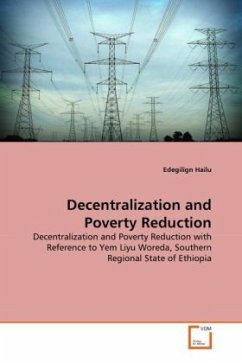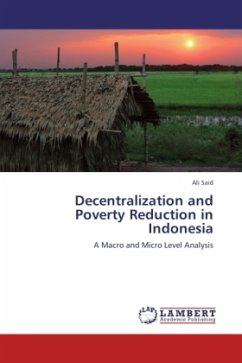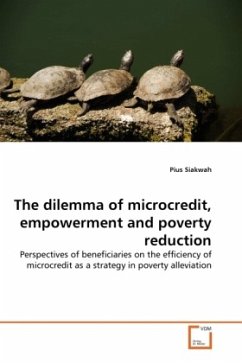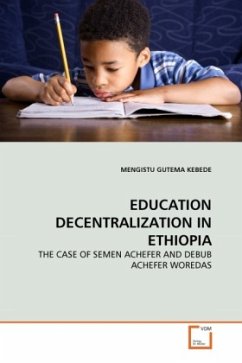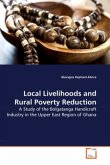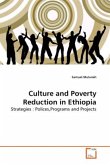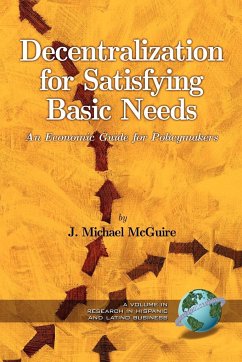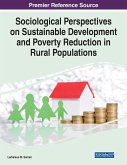Over the last two decades, there has been a worldwide trend towards decentralization of power and resources to lower tiers of governments especially in developing countries. Even though the motives for doing so are diverse, mostly it is considered as a political reaction to the failure of traditional top-down anti- poverty efforts. However, academic literature reveals that evidences regarding to whether this decentralization policy is working for the poor are not conclusive. This book, therefore, approaching decentralization as multidimensional process, presents an in-depth analysis of its linkages with poverty reduction in Ethiopian context. The five chapters in the book deal with establishing the context of issues of the linkages; Theoretical and conceptual underpinnings; the features of decentralization and poverty reduction policies in Ethiopia; major results and discussions. This is followed by the consolidation of the major findings and policy implications. It's hoped that the book will prove useful not only to the students and researchers in Geography as well as Development Studies but also of interest to scholars in Economics, Political Science, and other related sciences.
Bitte wählen Sie Ihr Anliegen aus.
Rechnungen
Retourenschein anfordern
Bestellstatus
Storno

